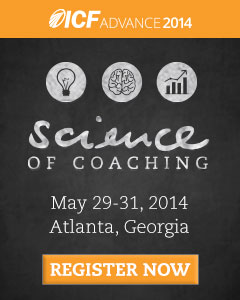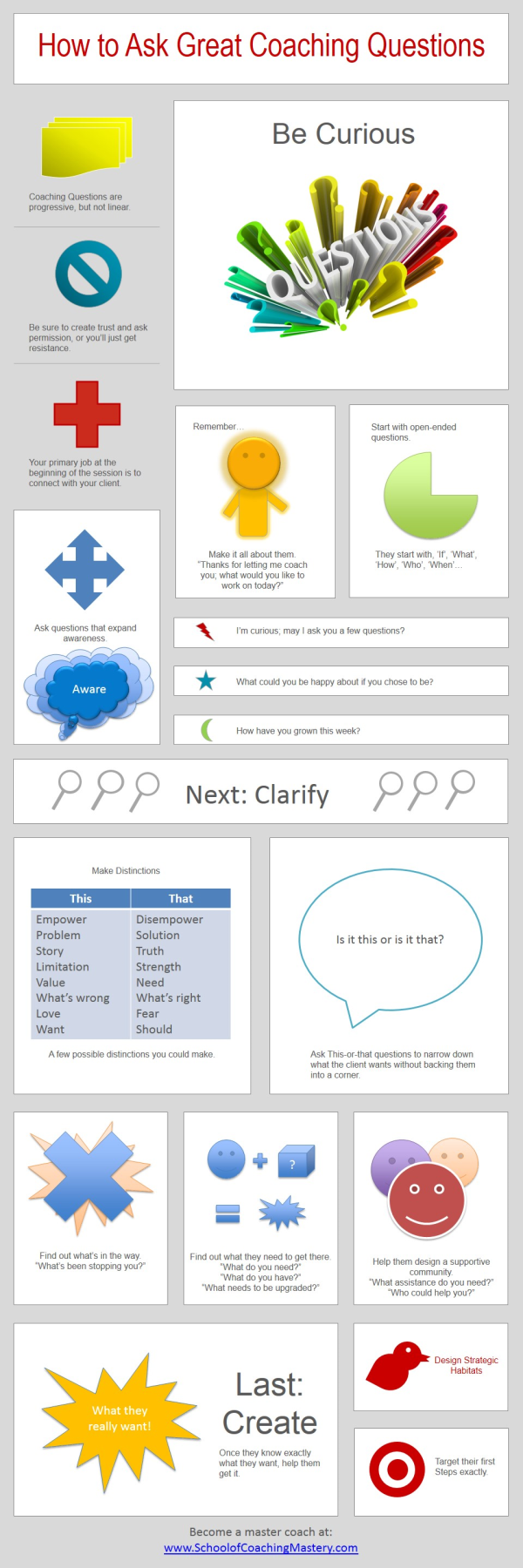 I've blogged a lot about positive psychology coaching, in the past couple of years. It gives coaches and their clients a precision instrument for building happiness, success, and ease. But recent discoveries that point to how and why positive psychology works are truly fascinating!
I've blogged a lot about positive psychology coaching, in the past couple of years. It gives coaches and their clients a precision instrument for building happiness, success, and ease. But recent discoveries that point to how and why positive psychology works are truly fascinating!
You probably already know what positive psychology coaching is; it's evidence-based coaching that puts in action what positive psychology researchers have discovered about the power of positivity and how it promotes happiness, health, and success.
But just exactly how does positive psychology coaching promote happiness, health, and success?
Well, there are a number of scientific theories, such as systems theory and quantum theory, that can help to explain how positive psychology coaching works, but the explanations are speculative, at this point. No one has yet traced those theories, step by step, to document how exactly they influence human behavior and outcomes. It just makes sense that they do.
The field of neuroscience, on the other hand, thoroughly tracks what happens during insights, actions, learning, and repetition, explaining in detail what happens and why.
Neuroscience explores how the brain works via brain scans and other high-tech tools. It literally looks at what goes on in the brain at the cellular, and even the molecular levels, and they are quite surprising!
In fact, some coaching leaders, most notably, David Rock, go so far as to say neuroscience is the scientific field most closely related to coaching, in part, because it came of age during the decades when coaching was being born, so coaching has relied heavily upon it.
In my opinion, however, positive psychology is an even better fit with coaching, because not only did it develop at exactly the same time as coaching, but positive psychologists and coaches ask exactly the same fundamental question:
What makes people happy, healthy, and successful?
Contrary to previous assumptions, an absence of mental illness does not automatically produce happiness, health, and success. That latter state, often referred to as well-being, is a separate thing. It can exist, counter-intuitively, along side mental illness, or it can be completely absent in someone who is free of mental illness.
It follows then, that if we want to be happy (and everyone, from the Dalai Lama to Tony Robbins, says that's what every human being really wants), we need to understand the tools that produce happiness.
And here's critical news for coaches: getting what we want doesn't make us happy, at least not for more than a day or two. Happiness is literally an inside job. Anyone can have it, regardless their circumstances or mental health.
Up until now, only a lucky few stumbled onto the tools that produced lasting happiness. Yes, philosophers and spiritual teachers theorized and taught how to lead the good life for millenia, but they didn't always get it right. Today, maybe, just maybe, we can get it right - for everybody.
So that's the job of positive psychology researchers and the professionals who apply positive psychology in their coaching. And here's how and why, according to neuroscience, it all works so well:
- The brain and mind are intimately connected. Scientists disagree on which creates which, but evidence suggests they create each other and the mind definitely influences the brain.
- The brain grows and changes throughout life, making learning possible and desirable into old age. In fact, dementia might be thought of as the cessation of learning.
- New brain growth is triggered by new insights and learning, creating new neural maps. This is called, neuro-plasticity.
- Neural maps develop when existing neurons fire, then wire, together. Sometimes new neurons are produced, as well.
- Neural maps drive our assumptions and habits, saving us time and energy when we repeat experiences and actions, but those assumptions and habits may not be as resourceful, or flexible, as needed, when clients step up to new and bigger things, so they need to be replaced by new neural maps.
- More repetition creates stronger bonds within neural maps that are frequently used. Think: recording a song onto a cassette tape, rather than downloading it to your iPhone. Stronger bonds require more time to develop.
- Our internal chatter also creates neural maps - and it may be even more influential than our actual experiences!
- We can intentionally direct our thoughts and emotions to create more positive and resourceful neural maps. This is called, self-directed neuroplasticity.
- Because neural maps develop according to what we think and feel, positive thoughts and feelings don't just make us happy now, they also make it more likely we'll be happy later, regardless our circumstances.
- People who experience more positivity on a regular basis are more likely to thrive and experience success.
- Coaches who assist clients in developing resourceful neural maps are practicing coach-assisted neuroplasticity.
So solving your client's problems, or even helping them get what they want, falls short of positive psychology coaching's true power to transform client's lives from striving to thriving.
Learn more here:







.jpg) Apparently, the International Coach Federation (ICF) agrees with me that science is
Apparently, the International Coach Federation (ICF) agrees with me that science is I've blogged a lot about
I've blogged a lot about 








